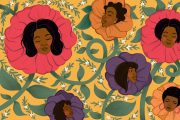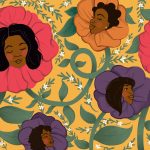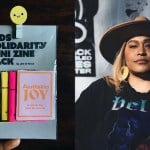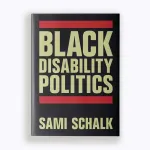This Black History Month, we’re telling the untold stories of women, women of color and LGBTQ+ people. Subscribe to our daily newsletter.
Black people who live at the intersection of multiple marginalized identities — Black and queer, Black and disabled — are often forced to navigate a society that either does not see them and their specific needs, or, at worst, actively harms or discriminates against them. Finding joy in this environment can be daunting, but it is also a key act of resistance. Keah Brown and Dominic Bradley, both Black, queer, disabled creatives, each know what it’s like to challenge the status quo and to make the intentional choice to prioritize their happiness.
For Black History Month, The 19th spoke with four Black people at different stages of their lives and at different stages in their relationship with joy. We asked them to describe their relationship with joy currently and the steps they took to get there. In this first part, Brown and Bradley open up about the hardships they experienced and how they identified ways to support and love themselves.
These stories have been edited for length and clarity.
-
Read Part Two Here:
Keah Brown, she/her, 31
Journalist, author and disability rights advocate
Oftentimes happiness felt sort of like this impossible thing to reach. It felt like I was trying to hold on to a cloud or touch the sun. It felt like this thing that was sort of like a fantasy, because I spent so much of my life hating the person I saw in the mirror, wishing desperately to be nearly anybody else but myself.
I knew that other people were happy, and content and comfortable, but I just thought that I would never be. I thought that only happened to beautiful people, and that I was not beautiful. And so I was resentful toward happiness. Anybody that was inherently joyful, I was jealous of.
I would say the two core frustrations for me were: 1) I didn’t have disabled representation. When I was growing up, and I saw people on TV falling in love, and being cherished and being happy, it was never anybody who was Black and disabled. It was either a really cool Black person like Brandy in “Rodgers and Hammerstein’s Cinderella,” or a really cool Black person like Whoopi Goldberg. But it was never a Black disabled person, so I internalized that. I said, “Well, OK, if there are no stories where I get to be happy, then I don’t deserve happiness, and happiness is evil, happiness is not good, happiness is bad.”
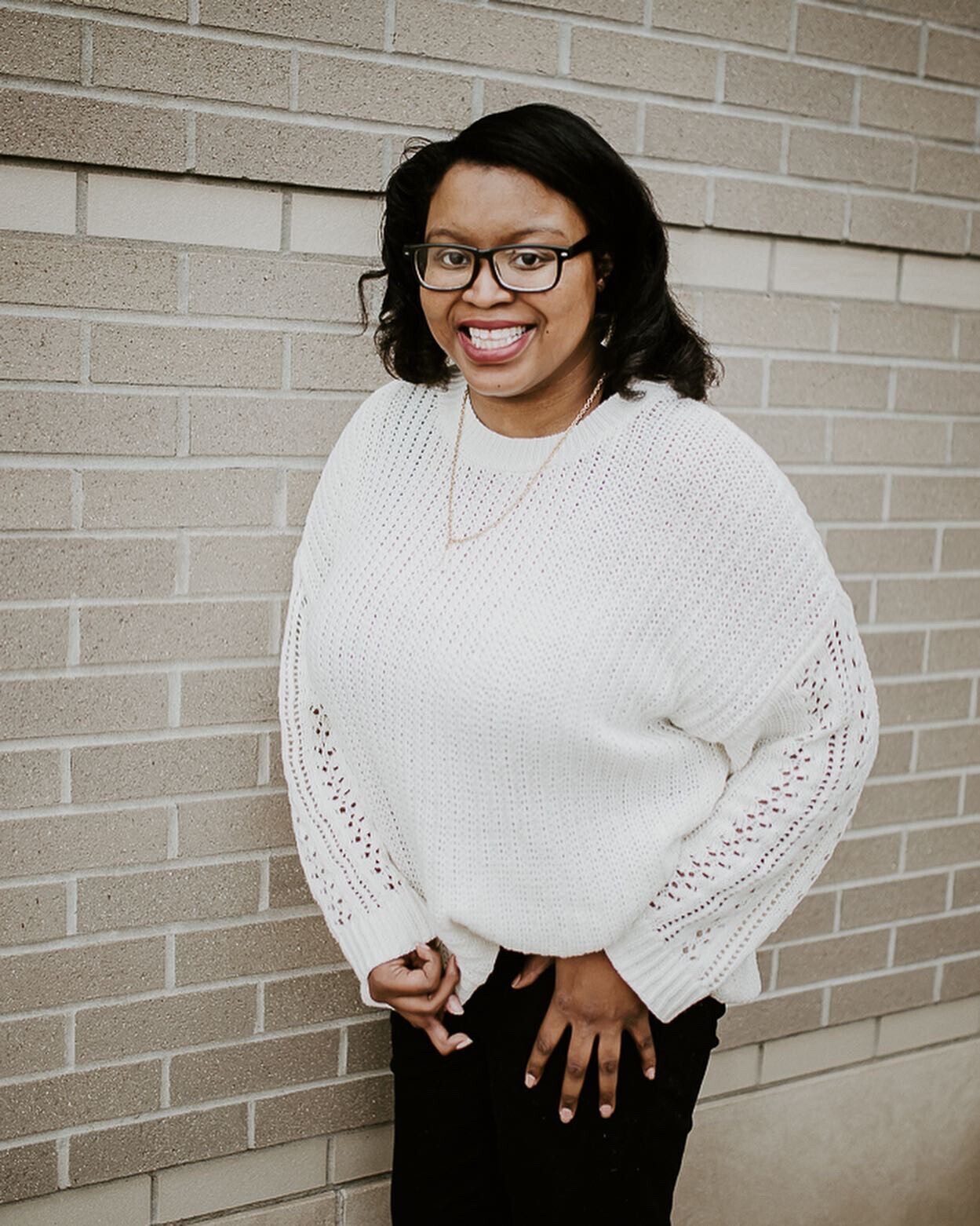
And then 2) It was also the way in which I was treated in school. When I was in early elementary school, I was a happy kid; I found joy in so many things. Then I got older, and I started to feel attraction to people, and most people did not feel the same attraction to me. And one of the things that I was often told was, “You’re kind of cute, but your disability is just too much.” My disability isn’t something that I can just get rid of, even though I prayed every night for that at that time.
So I really internalized what people said to me directly, and also what was said to me indirectly through movies and TV. It was really those two things that led me to believe that anger was my only option. Behind my anger I was hiding hurt, but I didn’t want anybody to see it. I wanted people to think that I was strong and didn’t care about any of it, when in reality I thought about it every waking moment.
I wasn’t genuinely happy until 2017. I was writing things that people love to read, and so I told myself that if people liked my work that meant that there had to be something about me they also liked. And so I did this thing where I said four things I liked about myself in the mirror every single day. At the beginning of that year, around February, I also had a hashtag go viral: #DisabledAndCute. By the end of the week, the hashtag was viral. And then by the end of the next week, it was global. I never thought that that was going to be possible, but people were talking about my hashtag.
It was a way for me to celebrate myself, and finally feeling good in my body and not waking up in the morning, and immediately saying, “I hate you, you deserve to die.” It was me being excited about the fact that I could look in the mirror and smile at myself and say, “No, you deserve to live, you deserve to find happiness.”
Black history reflections — and the path forward
This story is part of our Black History Month coverage. From in-depth Q&As to staff reflections and our inaugural 19th Celebrates event, we’re focused on telling stories along the twin themes of Black joy and Black resistance. Explore our work.
I started to actually believe the positive things that people were telling me. I really took the time to let compliments sit with me instead of automatically dismissing them. The majority of the response to this shift was positive. But there were people that I stopped having in my life, because I realized that our relationship was built on my insecurity, and sometimes they used me to feel better about themselves. When they couldn’t do that anymore, the relationships just fizzled out. But a lot of it was actually really positive, having my friends and family say, “I’m glad you finally see what we always saw.”
I think the thing about choosing joy, for me, has been and will always be about finding things that make me happy, and allowing those things to take up more space than the things that don’t.
So for me, choosing happiness is getting excited to see Paramore twice this year, because they’re my favorite band, or traveling to see my friends, and getting tattoos and being excited about writing more books. Even if I have bad days, sometimes happiness looks like watching a TV show that I loved as a kid or watching a favorite movie.
If you want to start your journey to being happier, try every single day to find something that you like about yourself. And if you can’t do that, turn to your friends and family. If you cannot find it in yourself to start, ask the people who love you, and who you love, to help you start and then use those things to propel yourself forward. But remember that it’s an everyday process. I always tell people: Be kind and be gracious to yourself, because it is a lifelong process.
Dominic Bradley, they/them, 40
Writer, visual artist and performer
I had little sips of joy when I was younger. It was enough for me, for the most part, to keep from going over the edge. But as I got older, and especially now at the place where I am in my life, I’m having to reckon with some very deep unhappiness.
There are a number of things that feed into that. Part of this, I think, involves confronting how many commitments to self that I haven’t honored, confronting times when I should have said no and instead said yes, and trying to figure out what’s going to feel good to me as long as it doesn’t hurt anybody else. It’s a big undertaking. I wish that I could say something bright and beautiful about the many joys in my life, but that would be really dishonest.
I think that workaholism and the emphasis that I’ve placed on work in the past has prevented me from keeping some of those commitments to myself. I am disabled. I have a combination of mental and physical disability, and it means that my usable hours are not the same as nondisabled people. I’m always calculating, and the calculus that I’ve done has been heavily weighted toward thinking, “Well, I gotta work on that project, gotta send that email, gotta keep my name out there, got to do this, got to do that.”
One thing that I realized is that usually by the end of the week, I’m wiped out, leaving very little room for myself.
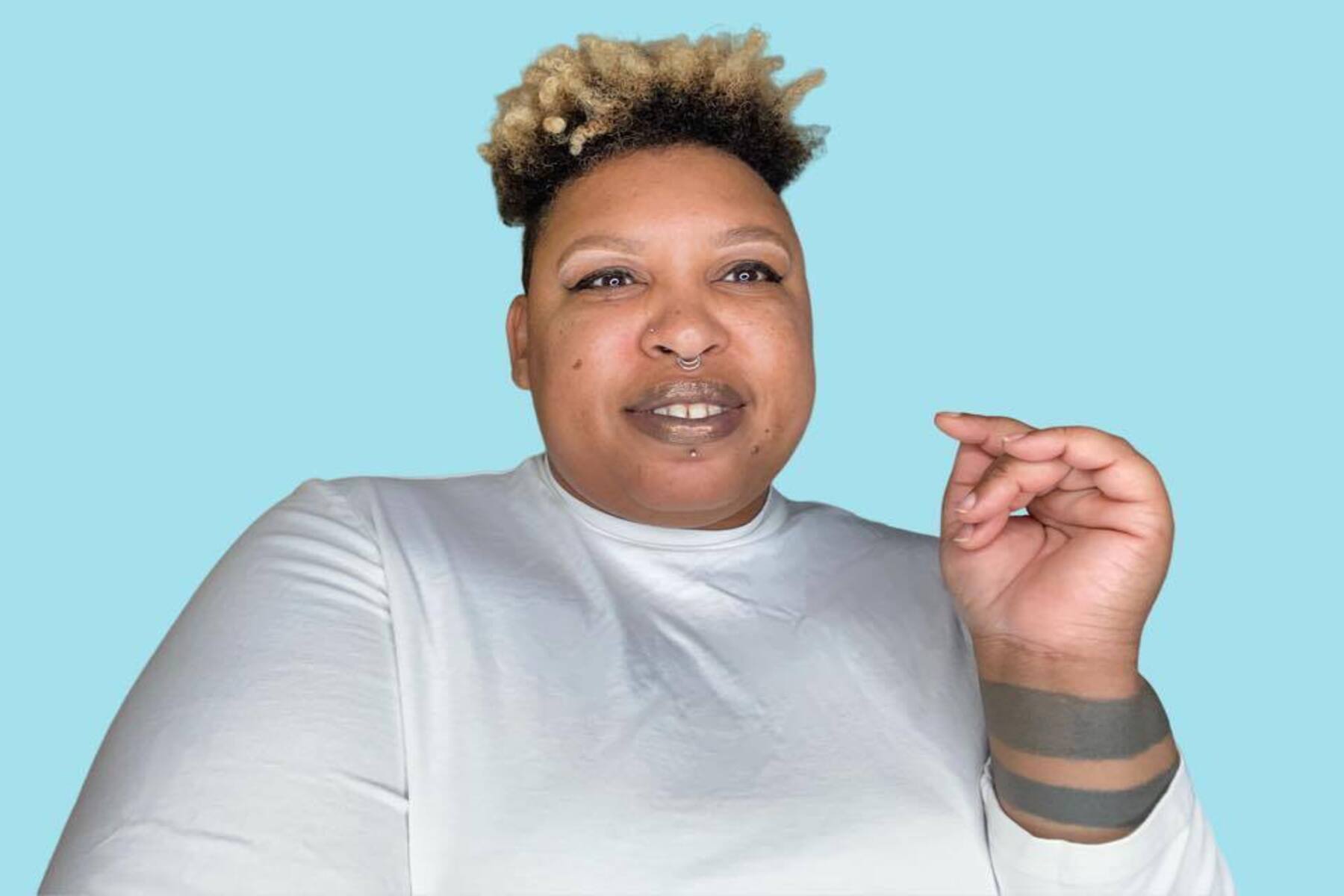
There’s so much messaging around doing what you have to do, before doing what you want to do. But when you’re disabled, and what you have to do could be a very long list without a lot of support, it can be incredibly overwhelming. And so I have to continue to ask myself the question: “OK, this needs to be done, but does it need to be done right now? Or, what’s the worst thing that could happen if I decided to choose myself today?”
The challenge in doing this is definitely societal. American culture is so concerned with grinding, and grinding and grinding some more until your body breaks down and then grinding after that. There are people who talk a good game about taking care of yourself, making time for rest and time for pleasure. But in practice, that’s not what we do in this country. That’s not what we value in this country. So the shift for me is to try not to get caught up in that constant messaging.
There were quite a few instances that brought me to this mindset, but most impactfully, my dad died in November 2022. I live in a different state so I had to hustle to try to get down there. My sister told me that one of the things my dad said while in the ICU suffering from the effects of a stroke is, “I have to get back to work.” I’ve been thinking about that over the past couple of months, and I told myself, “No more.” Even if people call me lazy or if they say that I’m not trying hard enough, I just can’t do it anymore.
As an example, yesterday I had a flare-up of my fibromyalgia, which is a chronic pain condition. I basically lost all of yesterday, and I was trying to get something done around the house today, but feeling similarly weak and tired. And I had to tell myself, “You have to do what you can do while understanding that something happened yesterday that you didn’t expect, and you need some time to recover.”
I don’t need to punish myself for something that was not my fault, and I’m also going to find some space in my evening to do something that I want to do, regardless of whatever else it is that I need to do.
It sounds very trite, but I would tell people to listen to their bodies, because your body is going to tell you how you really feel even if you’re trying to convince yourself of something different. I think that it is important to recognize our own cues for things like if we’re hungry, if we’re angry, if we’re lonely or tired. That’s information that, again, society trains us to ignore. I think it’s so important to reclaim and to recapture that.


